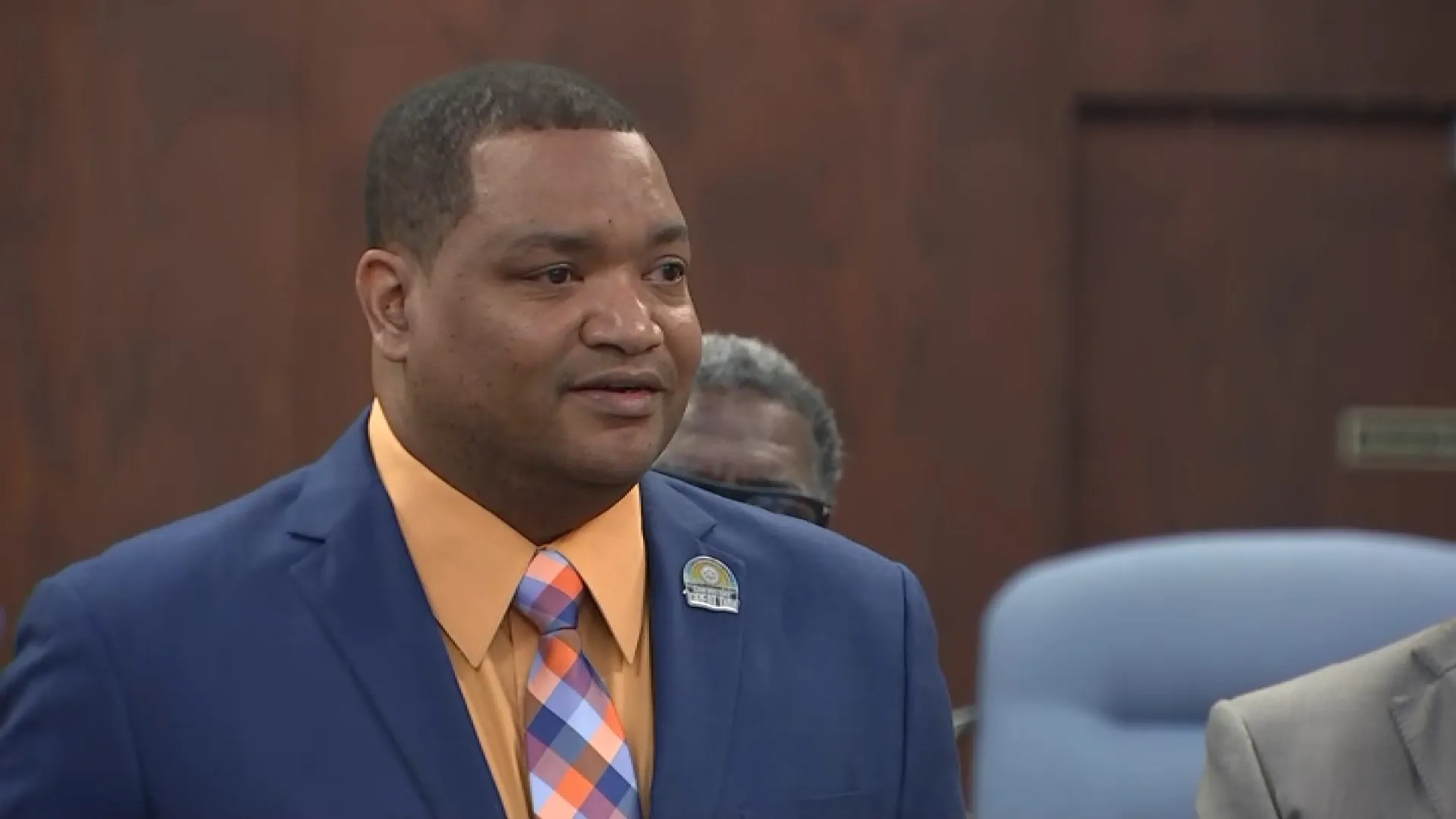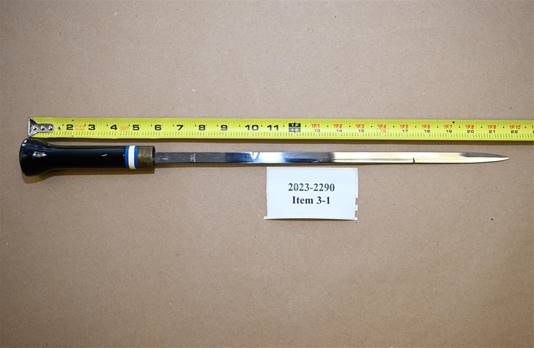NBC10 is one of 19 news organizations producing Broke in Philly, a collaborative reporting project on solutions to poverty and the city’s push towards economic justice. Follow us at @BrokeInPhilly.

Propelled by cheers and thunderous applause, Philadelphia City Council passed a fair workweek bill Thursday that will guarantee predictable schedules for some 130,000 hourly workers in the service and hospitality industries.
“It’s a good day for justice in Philadelphia,” Councilwoman Helen Gym said after hours of public comment. "It’s time for a fair workweek … It’s time to take a stand.”
The law goes into effect Jan. 1, 2020 and is expected to be signed by Mayor James Kenney.
"City Council members have always had the needs of working Philadelphians front and center of their legislative agenda," Kenney said in a statement. "Their support of these measures is another shining example of that commitment."
Dozens of workers and their advocates crammed into council chambers long before the scheduled vote. No one spoke against the bill during public comment. Instead, supporters lined the block outside city hall and carried signs reading "Poverty is not inevitable" and "Philly workers demand a fair workweek."
Local
Breaking news and the stories that matter to your neighborhood.
"Sometimes we come into work for 8 hours and sometimes we don't know when we'll be going home," hotel housekeeper Annie Ellison said before the vote. “I’m here for the mothers. I’m here for the families.”
Only three council members voted against the bill, including Councilman Brian O'Neil who said he objected because the ordinance does not exempt workers already protected by union agreements.
"It should," he said as people jeered.
The bill, first introduced over the summer by Gym and seven co-sponsors, would apply to large chain businesses with more than 250 employees in the retail, food or hospitality sectors with at least 30 locations across the country or state.
Inspired by similar legislation enacted in other cities, such as New York and Seattle, the ordinance will guarantee at least 11 hours rest time between shifts, opportunities to work additional hours and provide for enforcement and penalties if an employer does not comply.
Several business associations, however, were disappointed with the bill despite amendments introduced last week to quell fears that Philadelphia's job growth could slow down as a result of fair workweek.
“In the long run, it’s going to hurt the industry,” Ed Grose, executive director of the Greater Philadelphia Hotel Association, told NBC10 last week. “We feel that we take care of our people."
The amendments included new exemptions for employers to staff last-minute ticketed events and large banquets and added language allowing employees to voluntarily change their schedules.
Perhaps most significantly, however, language was removed from the original bill prohibiting under-scheduling, or the practice of not scheduling enough hours per employee. Gym removed that provision because she felt the bill as written provided sufficient worker protections, the councilwoman said.
“This is a city council that is dedicated to ending poverty and supporting working families,” she said. “This is a bill that will do that.”
According to 2015 U.S. Census data, at least a quarter of Philadelphia’s service employees work part time. Many of these retail and service industry workers frequently face unpredictable schedules that change as often as the seasons.
Part of the ongoing problem between city council and business associations is the state minimum wage, which stagnated 12 years ago at $7.25 under former Gov. Ed Rendell. A provision adopted at the time prohibited local municipalities from further making changes to their minimum wages. That power was given to the General Assembly.
As a result, Pennsylvania’s minimum wage has not budged. Meanwhile, New Jersey’s minimum wage increased to $8.44 and Delaware’s to $8.25.
“I consider it a poverty rate,” Gym said. “I can’t let that stop me.”
But on Thursday, Philadelphia City Council agreed to gradually raise the minimum wage for city workers, contractors and subcontractors to $15 by 2023. The increase will affect approximately 2,000 city workers.



